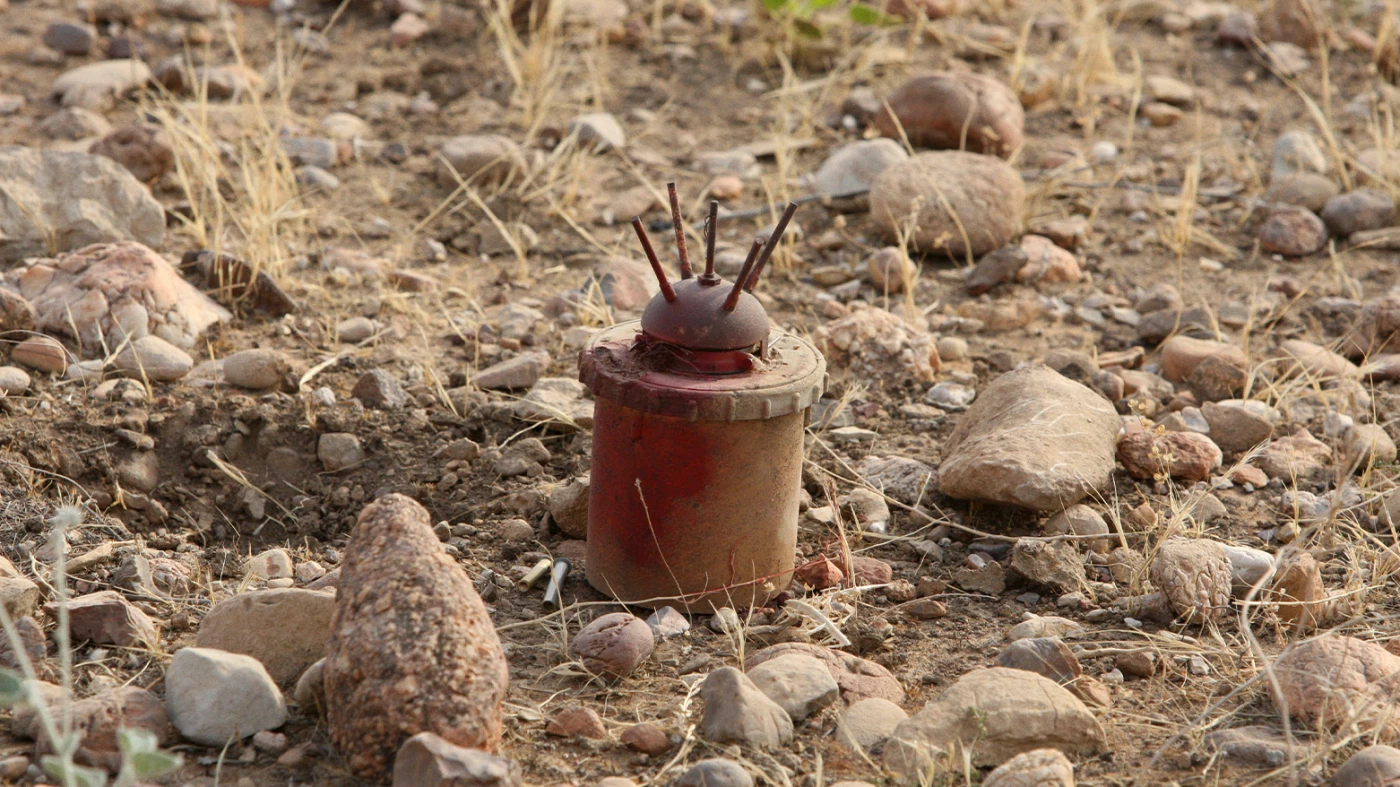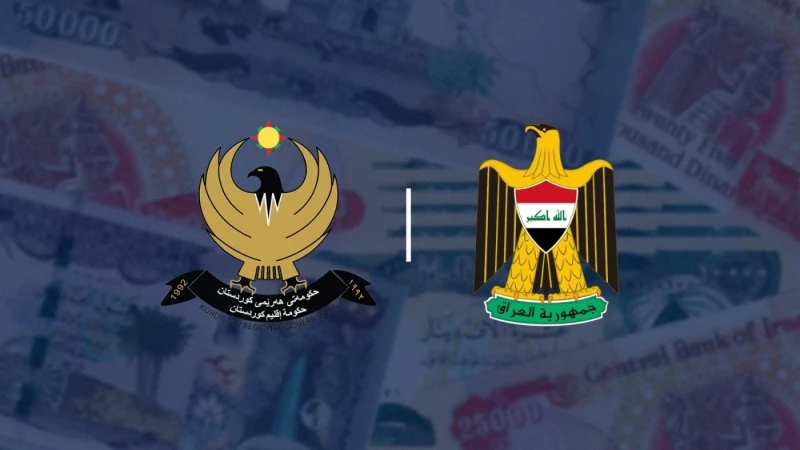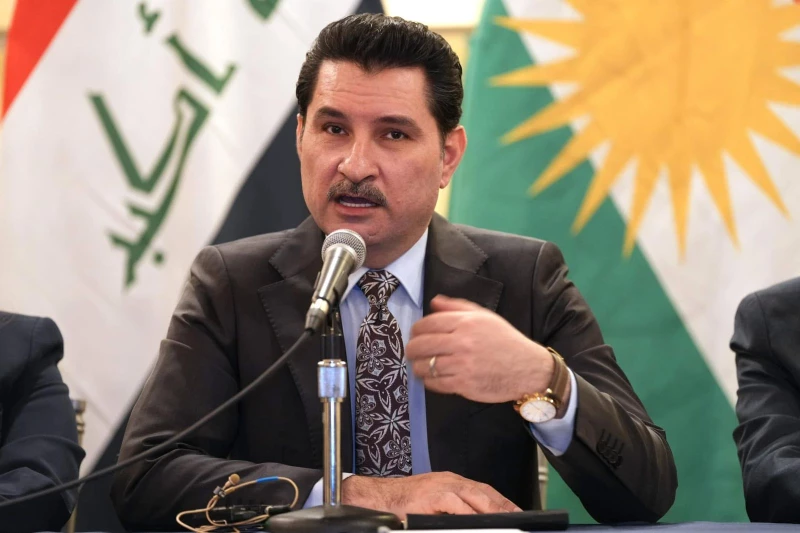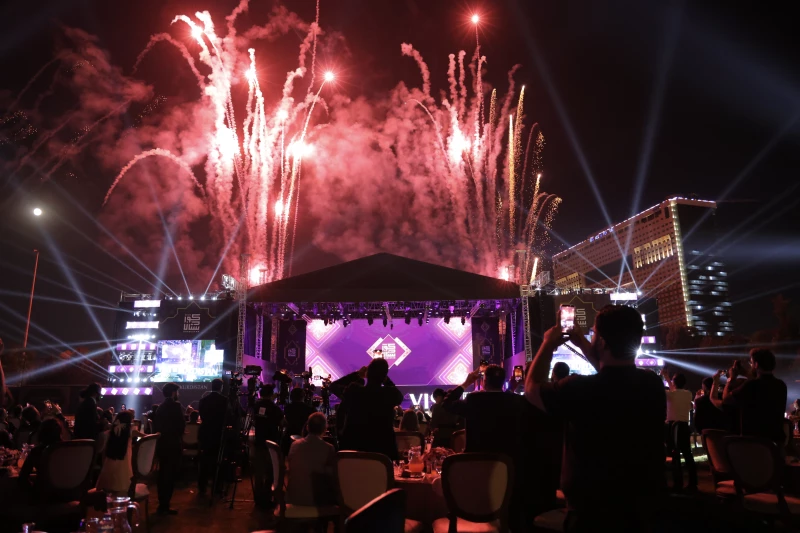ERBIL, Kurdistan Region of Iraq - Suspected remnants of the eight-year-long Iraq-Iran war in the 1980s killed an individual and injured another on Sunday in Erbil province’s Sidakan town, near the Iranian border, an official confirmed to The New Region.
The two herb foragers were brothers and had gone to the mountainous region to collect spring herbs, marking the sixth similar fatality in the course of the past month.
“Two brothers named Mohammed Hayni and Safwan Hayni, who were from Bekhma village in Khalakan town, had gone to Mount Qalarash to harvest spring herbs, but were hit by a landmine explosion,” said Ihsan Chalabi, Sidakan mayor.
Mohammed was killed and Safwan was injured, Chalabi detailed.
Three previous fatalities came from landmine explosions, and the other fell from the mountains of Barzan region on Thursday.
Every year during spring, people from urban areas flock to the countryside and mountainous regions for picnicking and harvesting wild herbs and plants, running the risk of stumbling across unexploded ordnance and sustaining injuries navigating the rugged terrain.
Spring marks the time in which fresh herbs may be harvested, with herbs such as spear thistle, arum, rheum ribes, tolaka being in high demand and many venturing into the mountains to gather them for sale in local markets.
Unexploded landmines dispersed across the Kurdistan Region’s border areas with Iran continue to be a serious threat, especially during periods of greater footfall in remote areas during the spring and summer.
Around three million square meters of the Kurdistan Region’s mine-contaminated areas were cleared in 2024, according to the Kurdistan Regional Government’s (KRG) mine agency, with at least four people losing their lives to the explosives during that year.
Jabbar Mustafa Rasul, head of the IKMAA, told The New Region in January that their teams were able to clear around 2,956,000 square meters across the Kurdistan Region’s minefields last year, a slight increase from 2,803,326 square meters in 2023.
A total of “776 square kilometers of the Kurdistan Region are contaminated with mines and remnants of war, of which 559 square kilometers have been demined, and 217 square kilometers are left,” said Rasul, noting that Sulaimani province has the largest land area yet to be demined.
The mine agency has demined approximately 11 million square meters since 2019.
Around 13,500 people have been killed or injured due to landmines in the Kurdistan Region over the decades, according to Rasul, who added that anti-personnel mines make up approximately 90 percent of all the mines in the Region, while the rest are anti-tank mines.
“The mines are from the time of successive Iraqi governments until 2003, and the majority of them are from the eight-year war between Iraq and Iran, during which a large area of the Kurdistan Region became a battlefield for the major war between the two regional states,” he said.
The IKMAA director stated that most of the casualties occur during the springtime when families flock to the mountainous areas for picnics. He urged all civilians to contact the mine agency’s hotline whenever they encounter unexploded ordnance.


 Facebook
Facebook
 LinkedIn
LinkedIn
 Telegram
Telegram
 X
X



